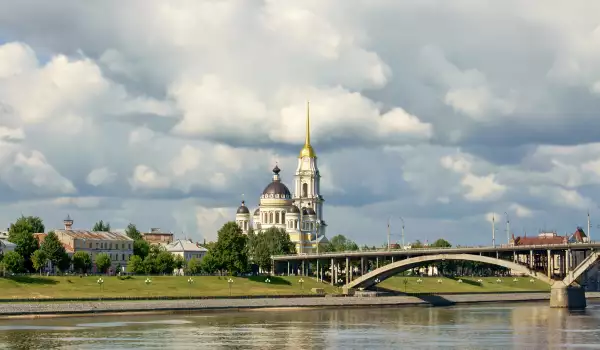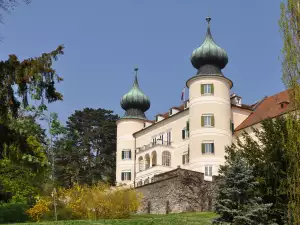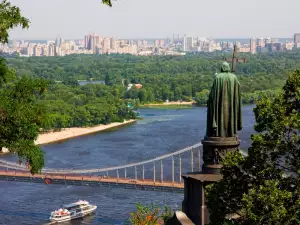River Volga

Russians call the River Volga, Mother Volga. The importance of this longest river in Europe is huge and covers many layers of natural, social, historical and economic terms.
Volga River is an absolute record of the old continent with its 3700 km length, and furthermore it is the main unit of the largest river system in Europe. Catchment area of its basin is 1, 360, 000 square kilometers.

According to official Russian interpretation of the name of the Volga , or it comes from the Slavic word "moisture" which is modified to "vologa”, or the Finno-Ugric word 'valge', which means "white, shining". It is likely that the River Volga bears the Finno-Ugric word "valge-white" and it seems quite plausible, but her name appears in the 6-7 century.
Previously, Finno-Ugric knew the Volga River under the name Itil, which translates as "river". For the change from Itil to Volga are "guilty" the Proto tribes that came along the Volga in those distant centuries.

Volga River originates from Lake Saliger located in Valdai Hills, formed in the Eastern-European Plains. After its source Volga bears northwest of the Russian capital Moscow and about 320 km southeast of the historic Saint Petersburg, then takes in an easterly direction. and flows into the Caspian Sea through a vast delta. The area of this place is about 19 000 square kilometers. River Volga freezes usually between December and April.
Mother Volga, as Russians call it sentimentally, is formed by its tributaries, which are a large number - about 200. The largest among them are Mologa, Vetluga, Kama, Samara, Oka, Sura, Sviyaga and others.

Through channels Volga connects the Baltic Sea (the Volga-Baltic channel), with the Aegean Sea through the Aegean Baltic-channel, Azov and Black Sea (Volga-Don canal), and the Moscow River. Volga is navigable from Rzhev for 3256 km.
The waters of the Volga mark the historical and economic life in western Russia. For the Volga River to this day are sung many songs, which the Russians in January cherish, as a national treasure and symbol. Volga operates for water supply, irrigation, power-supply. Along it were built many dams that produce hydroelectric power.
Larger cities situated on the River Volga are Kalinin, Yaroslavl, Kostroma, Nizhny Novgorod, Kazan, Samara, Saratov, Volgograd, Astrakhan and others.














